
nccRCC
Drs. Gurram and Yerram conclude with a discussion on the importance of multidisciplinary care for hereditary kidney cancer.
Drs. Gurram and Yerram review options for hereditary kidney cancers, highlight data on bevacizumab plus erlotinib, anlotinib.
Researchers aimed to validate the use of the GRANT score to predict the prognosis of patients with pRCC after surgery.
Researchers sought to understand the benefits of combining IO and targeted therapies for treating nccRCC in patients.
Drs. Gurram, Yerram examine the clinical features and aggressive behavior of FH-deficient renal cell carcinoma and more.
Drs. Gurram, Yerram provide an overview of hereditary vs sporadic kidney cancer and highlight key syndromes like VHL, HLRCC.
Phase 2 trial examines efficacy and response of bevacizumab/erlotinib for treatment of patients with rare subtypes of RCC.
At 12 months, the OS rate for patients who received treatment with ipilimumab plus nivolumab was superior to SOC.
Dr. Cheaib discusses outcomes in patients with non-clear cell RCC with tumor thrombus involvement after surgical treatment.
CN may improve OS for patients with metastatic nccRCC compared with systemic therapy alone, especially when combined with IO.
Patients with ccRCC and nccRCC with tumor thrombus have similar survival outcomes after surgical resection.
An exploratory analysis revealed a strong OS advantage associated with a PD-L1 combined positive score higher than 1.
Previous data from the phase II CALYPSO study has demonstrated the efficacy of durvalumab in combination with savolitinib.
Serial ctDNA negativity or clearance was linked to improved PFS compared with persistent ctDNA positivity during treatment.
New data shows patients with nccRCC may benefit from adjuvant therapy at a comparable rate as patients with ccRCC.
In the final segment of this roundtable, the panelists discuss the potential of adjuvant treatments and systemic therapy.
In the fourth part of this roundtable series, the panelists discuss the use of IO/IO and IO/TKI therapy in nccRCC.
In the third segment of this roundtable series, the panelists compare systemic therapy with nephrectomy for nccRCC.
In part 2, new trials in the nccRCC treatment landscape are reviewed, and the use of IO/TKI and PD-L1 are discussed.
In the first segment of this roundtable series, the panelists discuss the management of papillary metastatic nccRCC.





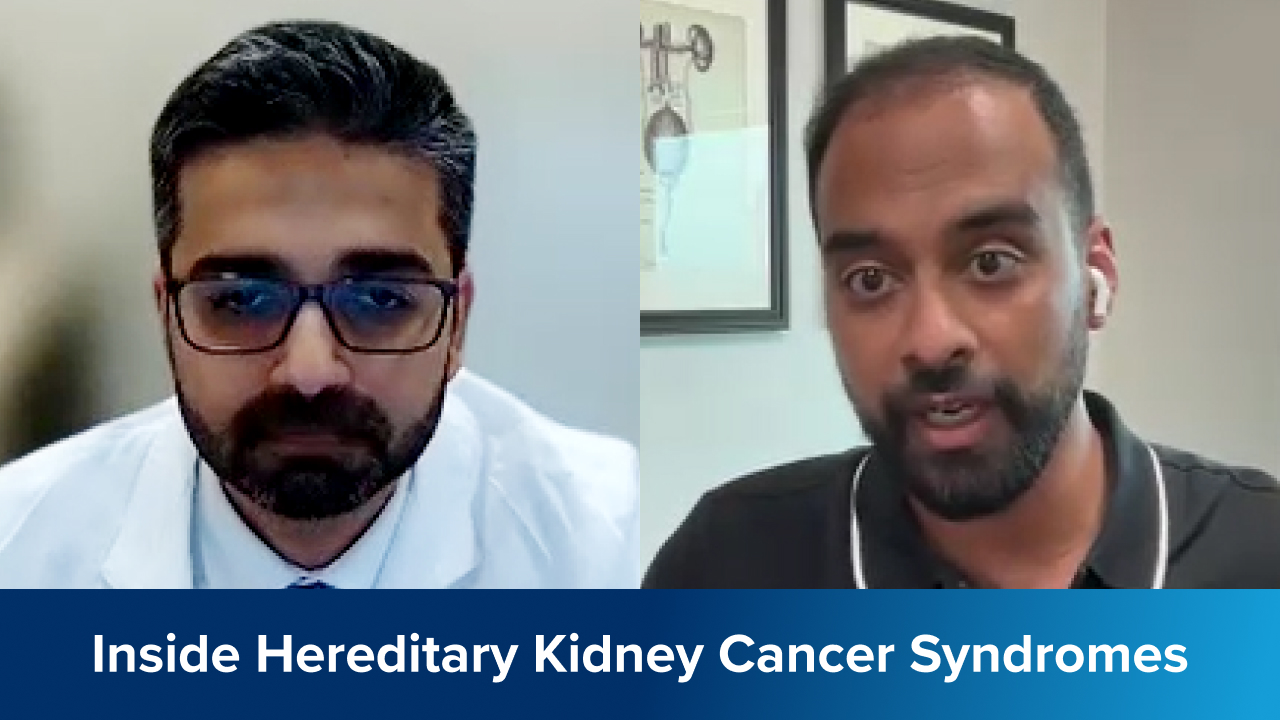


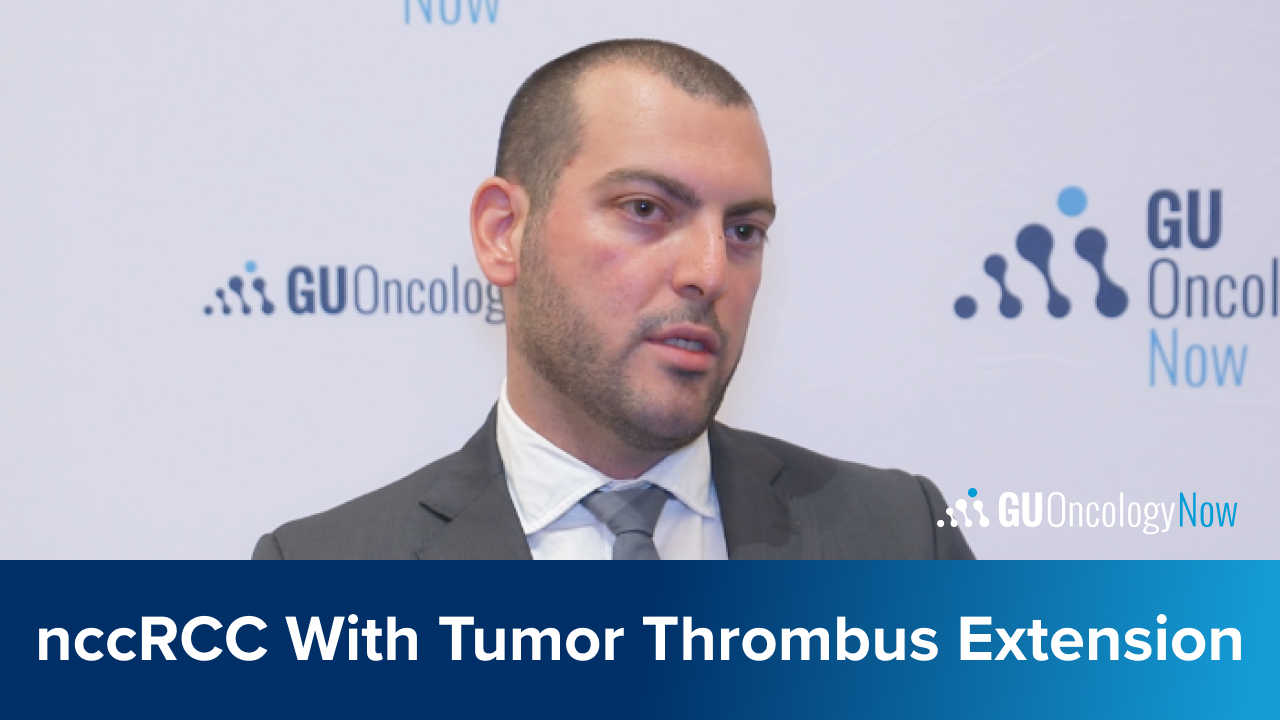
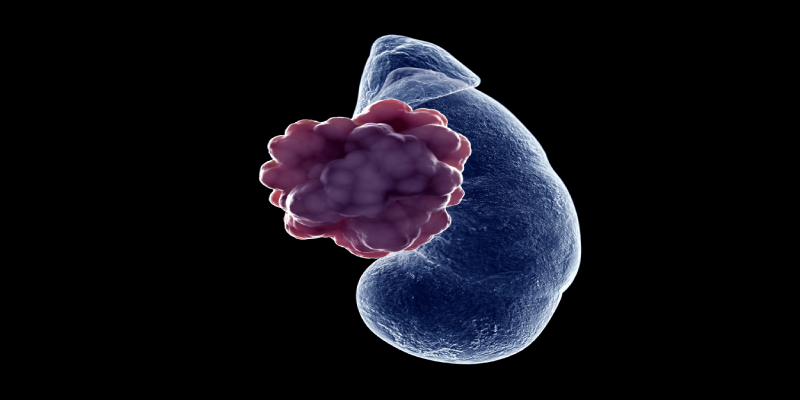
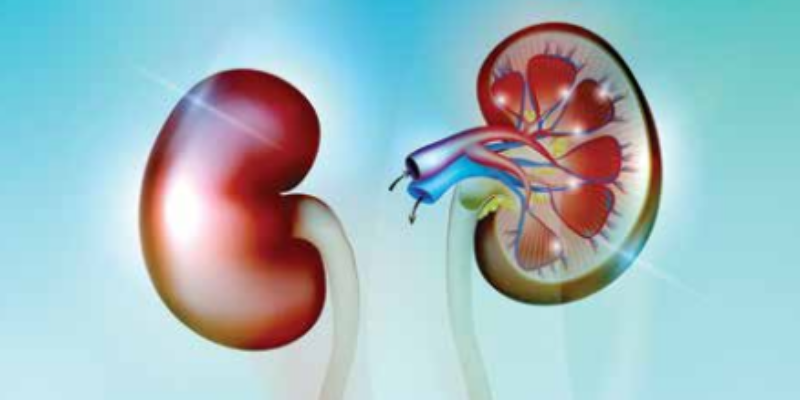



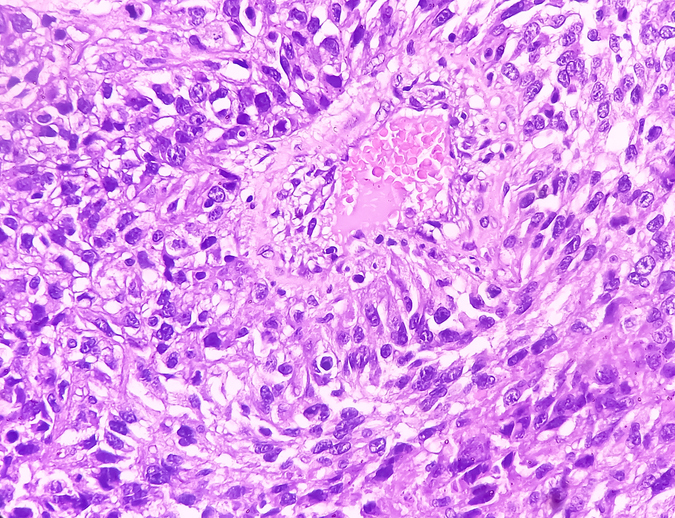

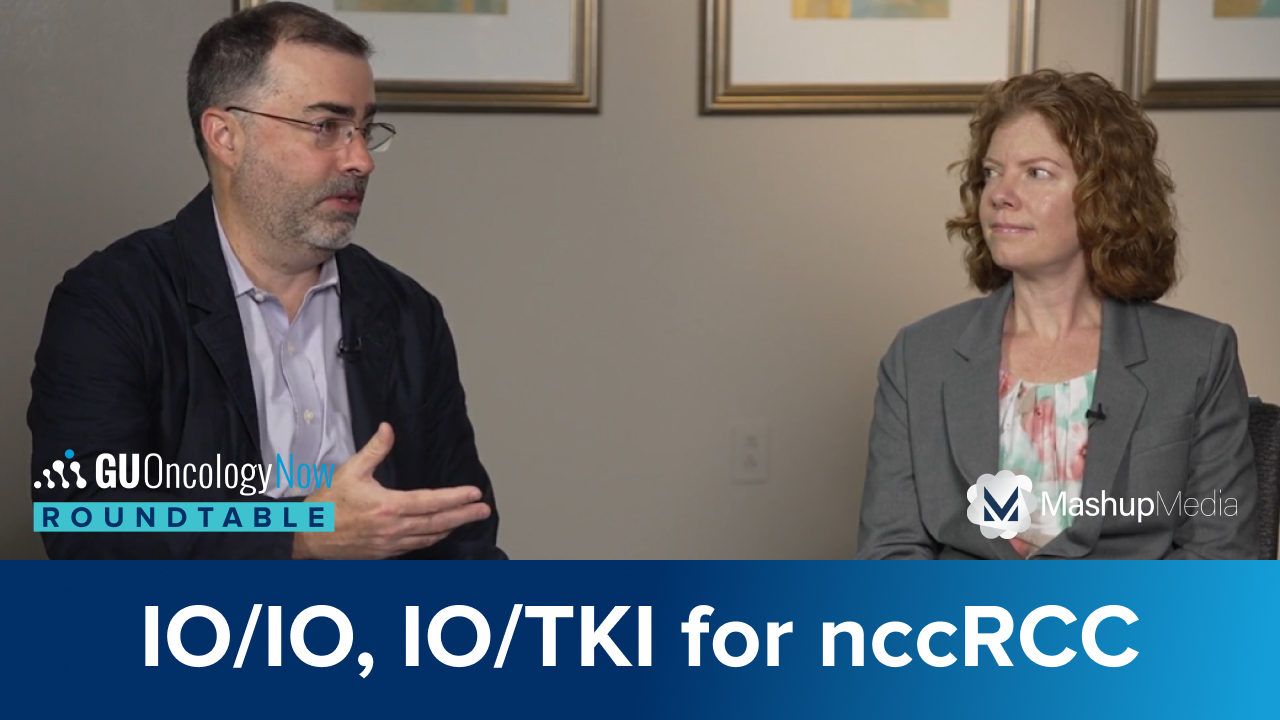
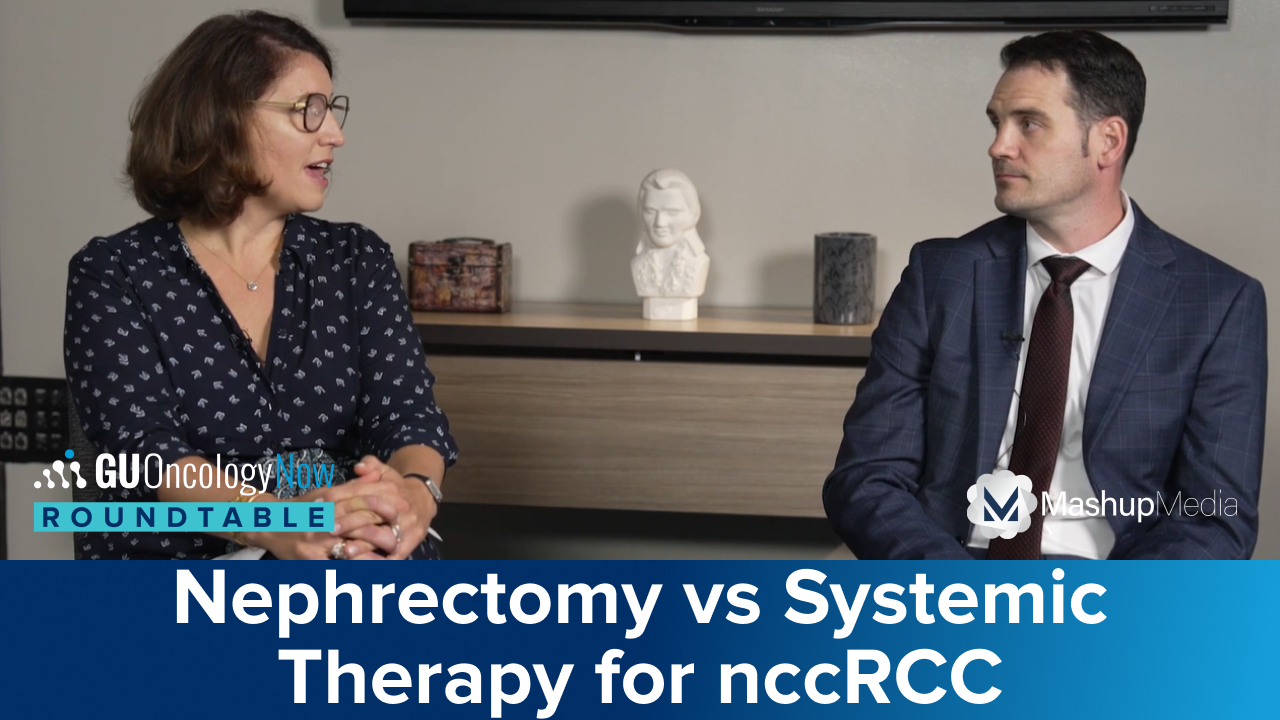
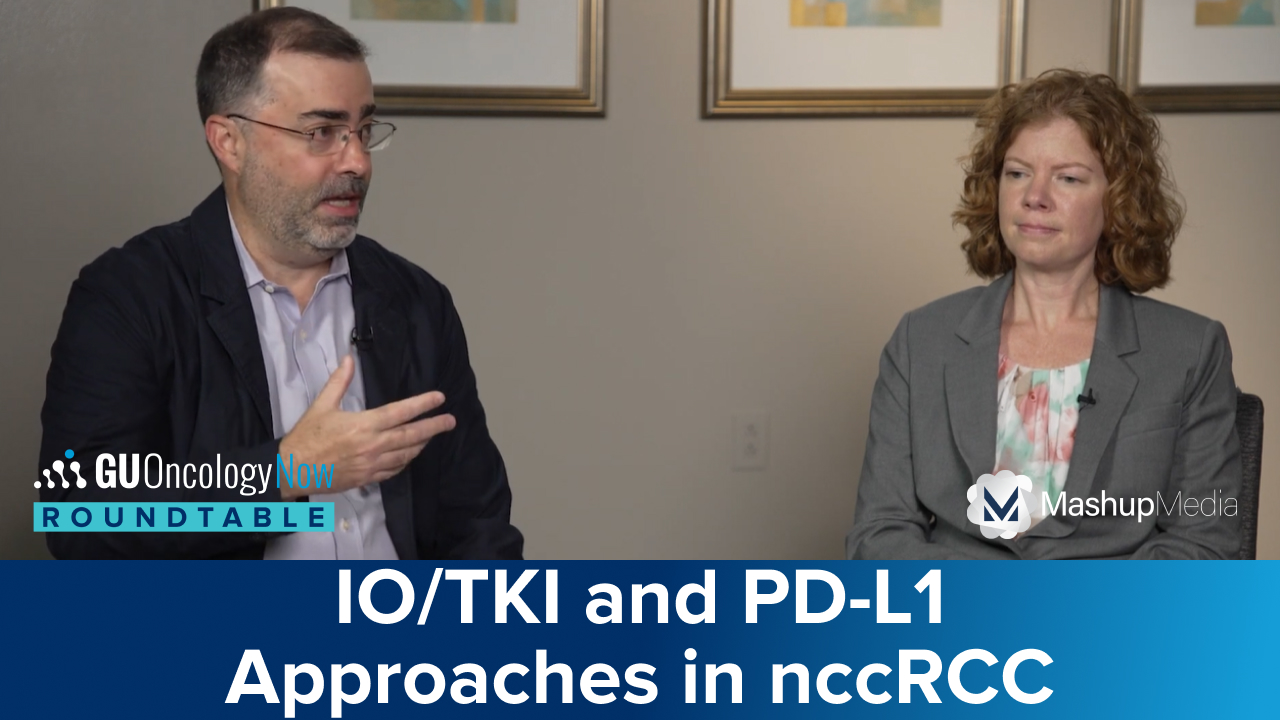
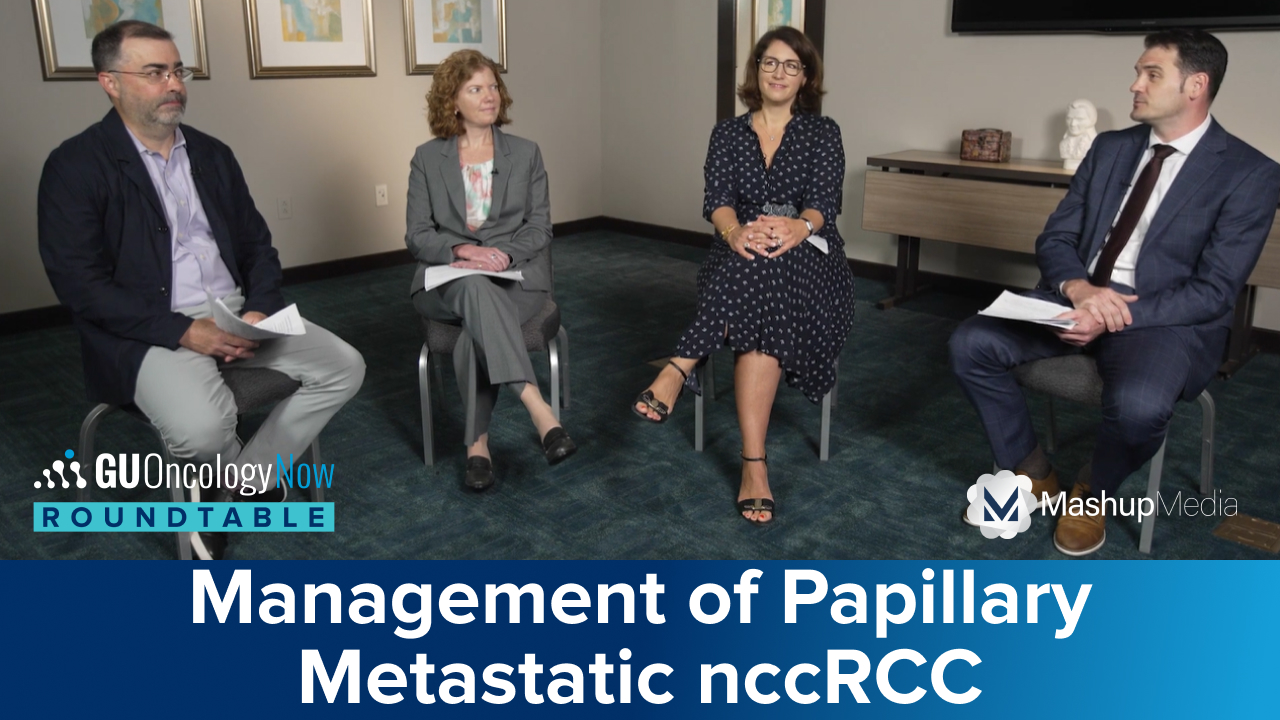

 © 2025 Mashup Media, LLC, a Formedics Property. All Rights Reserved.
© 2025 Mashup Media, LLC, a Formedics Property. All Rights Reserved.